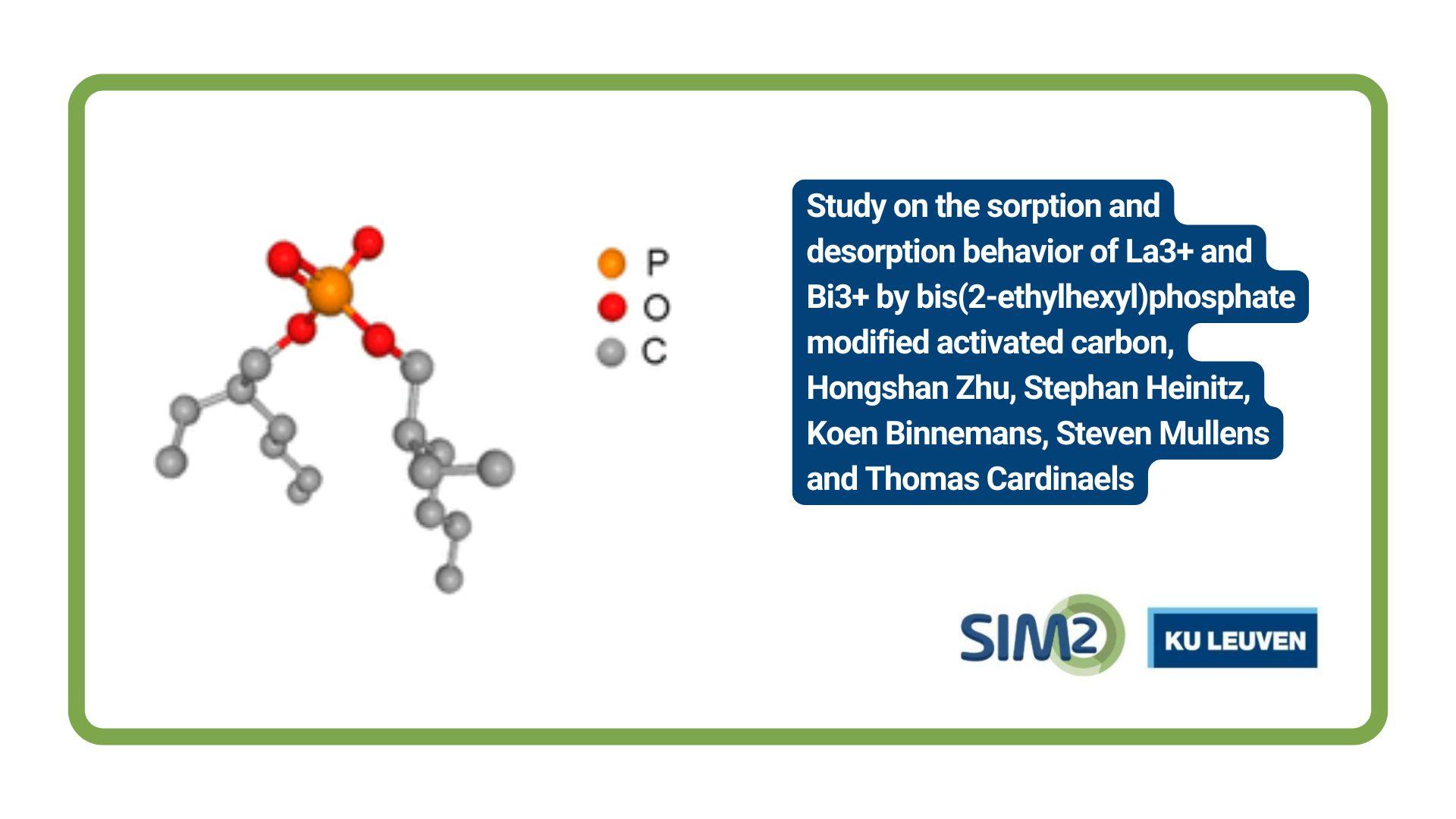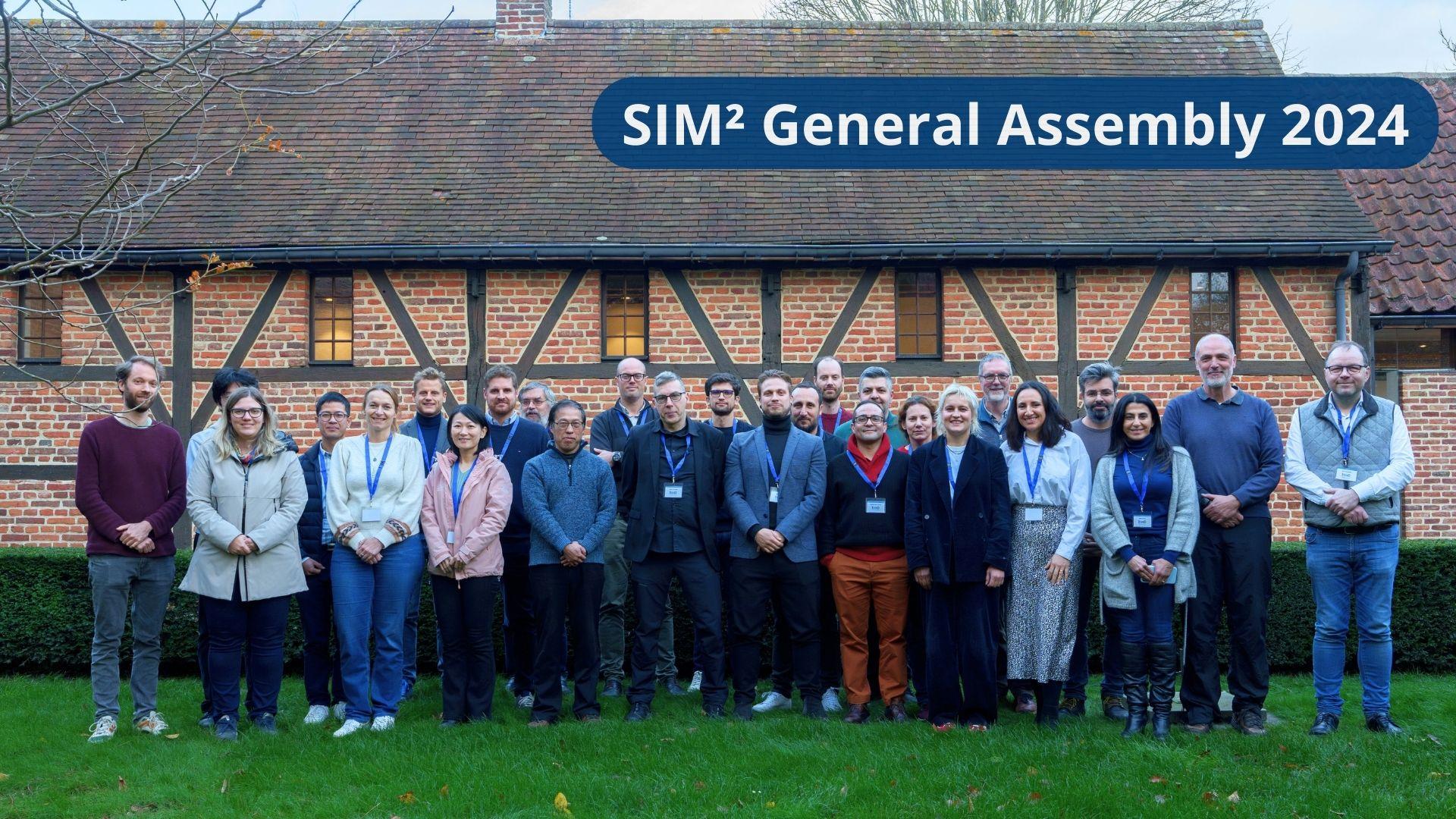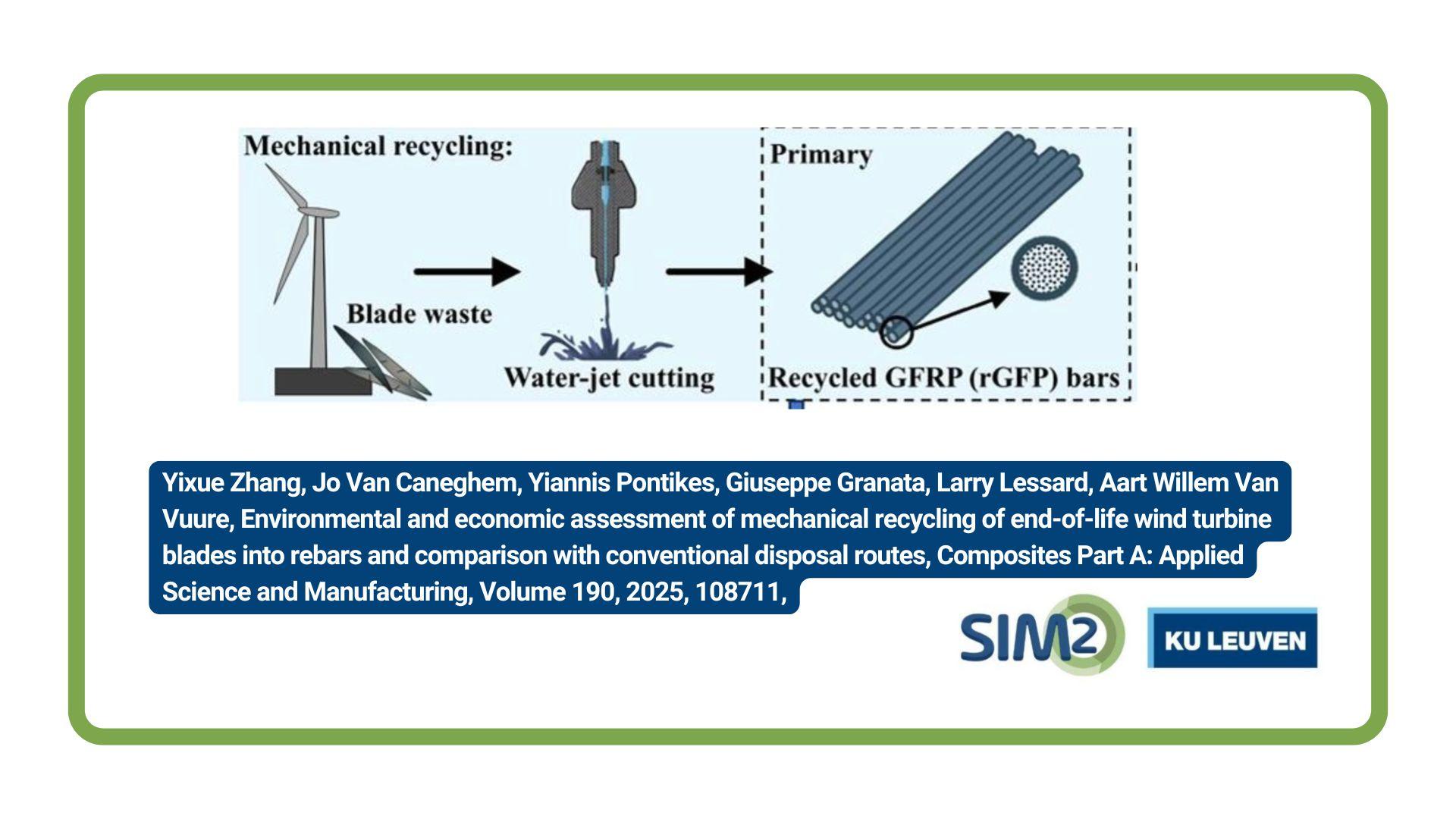Why did you choose to work in Belgium?
It actually happened by chance. When applying for a position in the NEW-MINE Marie Curie project, I had not looked at the University but focused only on the position. Fortunately, when I found out the location (KU Leuven, Belgium), I was still eligible for the position: for a position in a MSCA project one should not have lived more than 12 months in the country of the position during three years before the application. I was living in Sweden at that time, so no problem, I could go to Belgium!
And I am very happy to be back: during my high school I had lived three months in Namur for a short exchange, and I always wanted to come back as I really enjoyed my time here back then. Of course I also knew KU Leuven as one of the top technical Universities in Europe. So in the end I did know the country, I was very interested in the topic, and the combination of the two seemed a great match!
What are you working on?
My PhD is part of the European project called New Mine which aims at recovering resources, both as materials and energy, from landfill waste. We are 15 PhDs working on this, each with its own area of expertise, from waste characterization and sorting, to the thermal processing of waste or the upgrading of residues to construction materials. Of course, the recovery of resources has to be made in the optimal economic, social and environmental conditions. In this context, I am working on the environmental impact assessment of the processes, to define the optimal solutions and to find the hotspots that can be improved from an environmental perspective. To achieve this I am developing a methodology that integrates two tools for the environmental impact assessment, Life cycle assessment (LCA) and risk assessment (RA). The integration of these two tools could enable a more site-specific assessment of the impacts and risks of enhanced landfill mining, considering the varying local conditions in time and the long-term emission potential.
What attracts you in the research project you are working on?
We are striving towards a ‘zero-waste society’. This is of great importance in the current context of significant climatic changes and resource scarcity. Being part of this project is for me very interesting, challenging and thus very motivating. Working in a team of 15 researchers with different expertise but with a common goal is also very inspiring and enables us to exchange knowledge and aim for great and innovative results. Moreover, the inter-sectoral characteristic of the project, which aims at combining experience in academia with on-site experience in partner companies, is a great added value of the research project. It gives us the chance to focus on our research while being aware of which are the requirements at the business level for the real implementation of the technologies.
What helps you to overcome the difficulties of life?
 Optimism, friends and family. I know it might seem a cliché, but I really believe that thinking positive and trying to tackle difficulties with a smile is a great start to overcoming them. Then, of course, I know that without the people I love I would never be who I am and I would never have reached this point. My family has always been, and I believe will always be, my greatest “anchor”. I am very lucky to have a family who believes in me and supports me this much, although living apart. They all have always been there whenever I needed help or support for any difficulty or big life decision. And since friends are the family we choose, I can say I have always been lucky, in all places I have lived, to have found wonderful people with whom I feel close, to whom I can refer to if I need support, and with whom to share thoughts, struggles, or celebrate happy moments and achievements together.
Optimism, friends and family. I know it might seem a cliché, but I really believe that thinking positive and trying to tackle difficulties with a smile is a great start to overcoming them. Then, of course, I know that without the people I love I would never be who I am and I would never have reached this point. My family has always been, and I believe will always be, my greatest “anchor”. I am very lucky to have a family who believes in me and supports me this much, although living apart. They all have always been there whenever I needed help or support for any difficulty or big life decision. And since friends are the family we choose, I can say I have always been lucky, in all places I have lived, to have found wonderful people with whom I feel close, to whom I can refer to if I need support, and with whom to share thoughts, struggles, or celebrate happy moments and achievements together.
If you ruled the world, what would you change on Day 1?
It is a very difficult question to be answered in a few lines. And I had honestly never thought of it before. However, I don’t think that I would aim at implementing any immediate change on my first day. I think that, to achieve higher goals, change should be a process based on a deep understanding of the current situation and on a strategic planning to improve it. Each country should be heard for what its needs are.
In particular then, the first issue I would probably address and that permeates every aspect of society, is the reduction of the gap between rich and poor. In fact this is not only one of the 17 goals of sustainable development that all countries should achieve. I also think that the disparity between and within countries also influences the achievement of other goals, such as reduction of hunger, access to education and health services, but also a climate action plan. In fact, in my opinion, all these issues are interconnected and the disparities create differences in life standards and life goals. We cannot bring people to put climate change as priority of their political agenda when they do not have access to primary services such as drinkable water, health services and education. The disparities within and among countries and the consequent different priorities prevent the implementation of common and global actions.
How do you recharge?
Good food (I’m Italian!), travels and sports. Of course, I don’t always have time to travel, but when I can I feel it opens my eyes and I can fully enjoy whatever surrounds me. Also a one-day hike could do. I really enjoy nature, and hiking and camping are for me very restorative. Travelling gives me a broader vision of what life has to offer. It helps me get my head off my work and enjoy the people and the surroundings.
Sport gives me the same possibility to free my head of work-related thoughts (when you’re a PhD I feel it is hard to forget about your research), and de-stress and release the tension of the day. Lately I have started fencing again, which I had been doing when I was younger, I swim and dance salsa, and in winter I love skiing. Indeed, the fact that you have to think how to get your opponent or how not to step on the feet of the person you’re dancing with makes me really focus on the sport and nothing else. Sport is really recharging in this way, and of course for the fact that physical tiredness is the best thing to get a good night sleep and fully recharge for the next day!
 Giovanna Sauve was born in Rome, Italy, in 1992. She obtained her Bachelor Degree in Energy Engineering at Politecnico di Milano. In 2014 she obtained the EIT InnoEnergy scholarship for a double degree in the Master on Energy for Smart Cities. This great experience brought her to study in KTH, Stockholm, and UPC, Barcelona. She conducted her Master thesis at IVL, the Swedish Environmental Research Institute, which introduced her to the field of waste management, circular economy and LCA. Her growing interest for these topics brought her to apply for the H2020 MSCA project NEW MINE, “European Training Network for Resource Recovery through Enhanced Landfill Mining (ELFM)” and, in particular, for the position in KU Leuven. In January 2017 she joined the project and the Department of Materials Engineering at KU Leuven as Early Stage Researcher (ESR). Her research aims at assessing the environmental impacts of resource recovery through enhanced landfill mining by integrating life cycle assessment (LCA) and risk assessment (RA). Giovanna’s greatest believe that motivates her work is that we should leave the world a better place than we found it.
Giovanna Sauve was born in Rome, Italy, in 1992. She obtained her Bachelor Degree in Energy Engineering at Politecnico di Milano. In 2014 she obtained the EIT InnoEnergy scholarship for a double degree in the Master on Energy for Smart Cities. This great experience brought her to study in KTH, Stockholm, and UPC, Barcelona. She conducted her Master thesis at IVL, the Swedish Environmental Research Institute, which introduced her to the field of waste management, circular economy and LCA. Her growing interest for these topics brought her to apply for the H2020 MSCA project NEW MINE, “European Training Network for Resource Recovery through Enhanced Landfill Mining (ELFM)” and, in particular, for the position in KU Leuven. In January 2017 she joined the project and the Department of Materials Engineering at KU Leuven as Early Stage Researcher (ESR). Her research aims at assessing the environmental impacts of resource recovery through enhanced landfill mining by integrating life cycle assessment (LCA) and risk assessment (RA). Giovanna’s greatest believe that motivates her work is that we should leave the world a better place than we found it.






